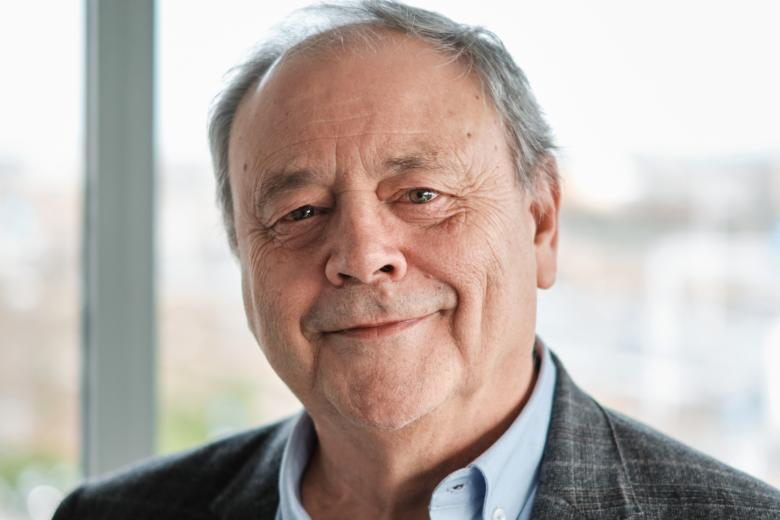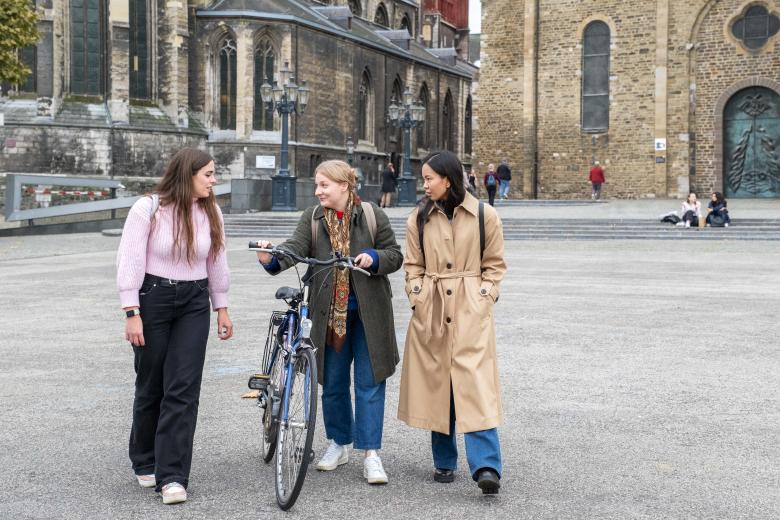Zoekresultaten
- New FASoS GenAI Policy.pdf (484.72 kB, PDF)… 1 Maastricht University - Faculty of Arts and Social Sciences (FASoS) GenAI Policy – Learning, Teaching and Assessment1 Approved by the Faculty Board in August 2024 1. Introduction At FASoS, as elsewhere in higher education, recent developments in Generative Artificial Intelligence (GenAI) technology present challenges to learning, teaching and assessment procedures. As GenAI will likely become part of the future lives and jobs of our students and staff, its mastery is ever more important, and as such may become an intended learning outcome for some of our teaching programmes and courses. Yet GenAI may also be used by students in ways … to discuss the submitted work during a conversation. The best way of informing the student is to post 5 a comment for this student in the speed grader on Canvas informing the student of the NG grade, the reasons for the grade, and ask the student to contact the grader to arrange a meeting. Students should schedule this meeting with the grader within 10 working days4 after the official publication of the grade. This conversation should always be held either with two staff members (if the course …
- 1675_gedichtenbundel-a5-2021-def.pdf (33.7 MB, PDF)… an anthology of poems, photos and artwork by FASoS staff and students during the COVID-19 lockdown Letters in Lockdown Letters in Lockdown 2 3 PREFACE In spring 2020, many members of the FASoS community contributed to Quarantine Spring. It evocatively captured those bright spring days of 2020 as we all grappled with the fear and uncertainty that the virus brought. Dipping into that anthology now transports you back in time so vividly. Those … friends. Finding ourselves in yet another lockdown, and with travel restrictions and curfews, we realised we wanted to tap in once again to the creativity of FASoS staff and students as a way of recording this collective experience, and of keeping in contact with one another. If we had not already known, the first lockdown made us aware that engaging in creative pursuits is therapeutic and can help reduce anxiety and manage our mental health. Sally Wyatt ACADEMIC HAIKU The act of writing Brings … of the importance of learning, of embodiment and nature. Veerle Spronck and Denise Petzold were spotted knitting during a research presentation and so wrote about how knitting supports listening. In April, one of us (Paul) ran three writing workshops, where participants questioned their origins and wrote self-portraits, looked closely around their rooms in which they had spent so much time over the past year, and imagined hotel rooms. Participants were encouraged to praise the things that annoy …
- fpn-curriculum-bsc-psychology-2022-en.pdf (381.8 kB, PDF)… Year 1 Faculty of Psychology and Neuroscience Skills I: Learning in Groups Full course description Problem-Based Learning (PBL) is a unique feature of the education provided at Maastricht. This educational system focuses on guiding students to become independent and enterprising problem- solvers. In order to achieve this goal, teaching must extend beyond the traditional individual studying and attending lectures. Students work in small groups on concrete problems from the field. As a team, … terminology (in both word and writing) IPN2134 Period 2 31 Oct 2022 23 Dec 2022 Print course description ECTS credits: 0.0 Instruction language: English Coordinator: M.M. Rijkeboer Teaching methods: Assignment(s), Lecture(s), Paper(s), Patient contact, Skills, Work in subgroups Assessment methods: Attendance, Final paper Keywords: PDifferential diagnostic reasoning; DSM-5 diagnoses and classification, professional reporting Faculty of Psychology and Neuroscience Functional Neuroanatomy … the interrelated functions are structurally and functionally implemented, with what means they can be studied and what consequences damage or dysfunction have for behaviour and psychological well-being. In order to achieve this it is important to know where these structures are located within the brain, as well as how they are interconnected. To create an optimal blending of structural and functional knowledge of brain structures the course comprises, in addition to the six theoretical group …
- Master biomedical sciences 2024-2025.pdf (241.94 kB, PDF)… movement of the heart. And we are able to follow a disease process in time, also before clinical symptoms occur. As a biomedical scientist, specialised in imaging, you are a key person in solving physiological questions with novel imaging methods. You communicate with both clinicians and engineers and you apply state-of-the art imaging methods to clinical demands. You make sure that novel imaging methods can be directly applied in a (pre)clinical (research) environment. Is this the right … technology and the clinic. Moreover, this course provides a translational / clinical environment to teach students to work side- by-side with clinicians on innovations in systems medicine. More information For more information on admission, please contact our master admission office. Ask a student Mike chose the specialisation Biomedical Imaging. He posts weekly about her experiences on Instagram. He is also happy to answer your questions about the master's programme in Biomedical Sciences, his … In this course, we will make the scientific journey from science and technology to the clinic and products. Using actual clinical challenges, you have to work out a new solution to that clinical problem supported by experts in the field. You will know where to put biomedical solutions in the Technology Readiness Level chain and you will learn how to take it a step further and learn to communicate specialised knowledge to a group of scientists from different disciplines. More information For more …
Professor José M. Peiró receives honorary doctorate and speaks at Maastricht University
Professor José M. Peiró visited Maastricht University, to speak, meet with colleagues, and of course receive his honorary doctorate.

Arts and Culture: Contemporary Literature and Arts: Cultural Interventions and Social Justice
The MA in Arts and Culture explores the interactions between culture, politics, and policies. Through its three specialisations, students analyse how modern and contemporary cultures relate to the most pressing social and political challenges of our age.
